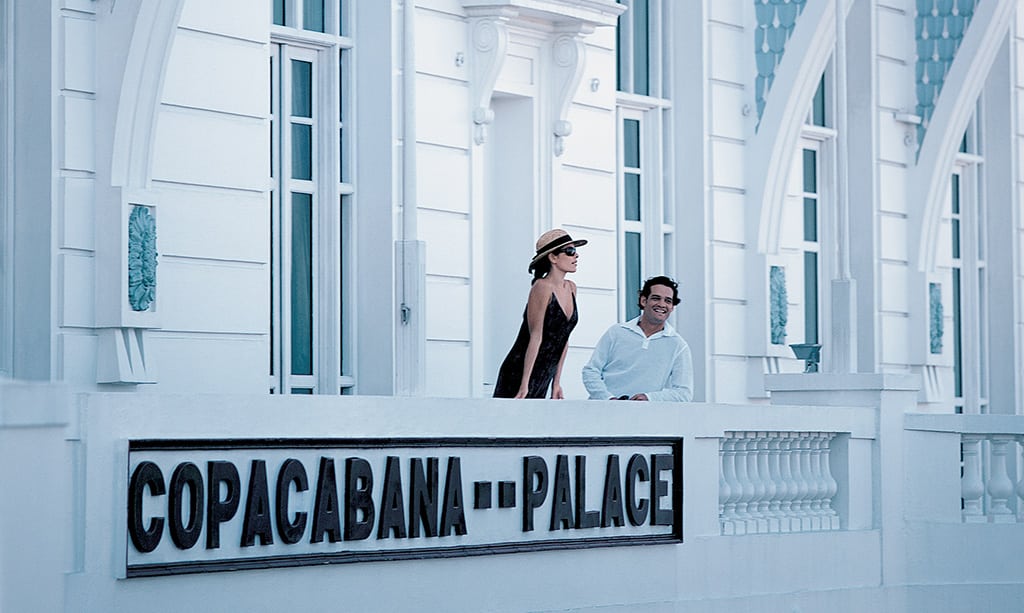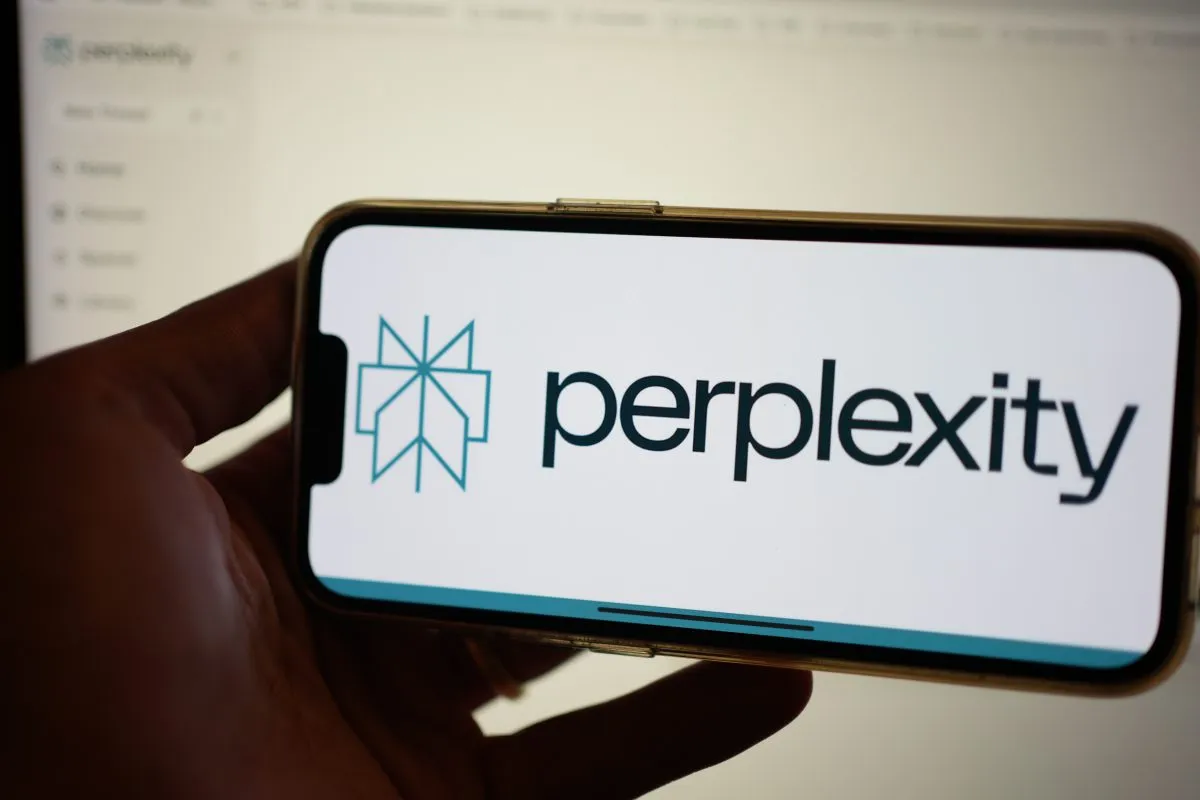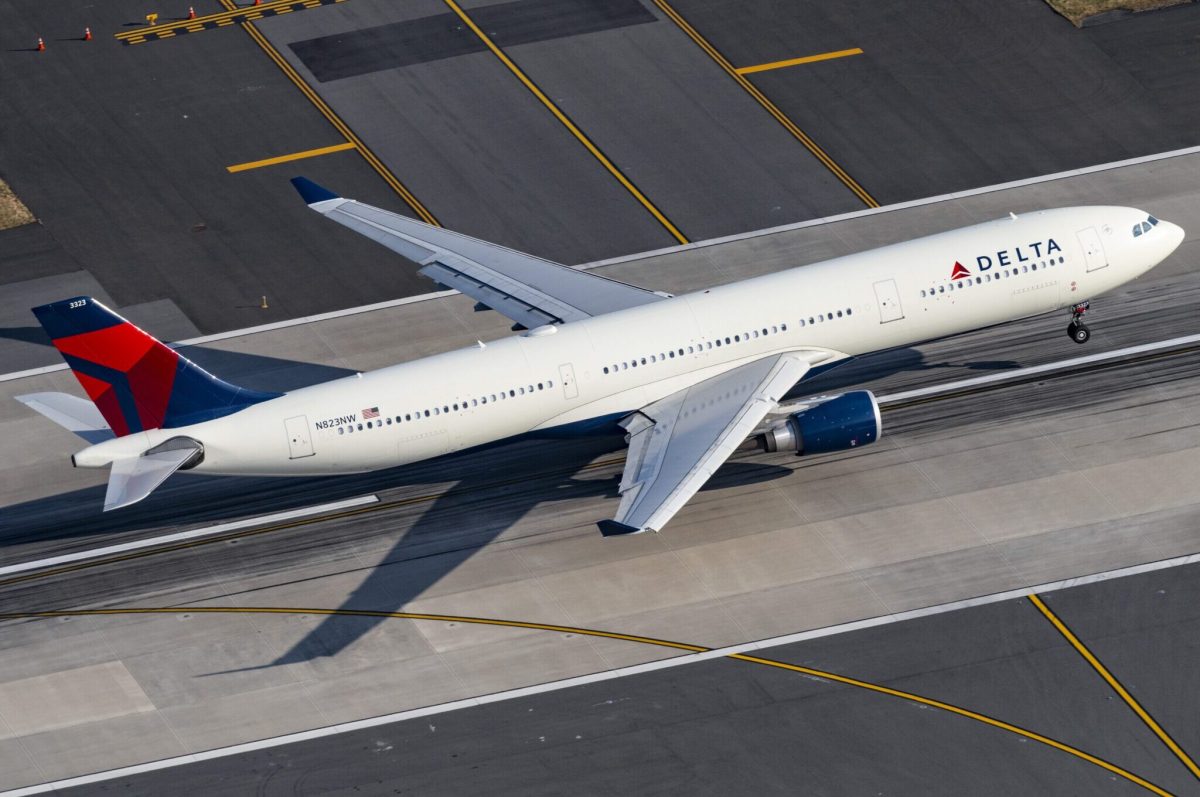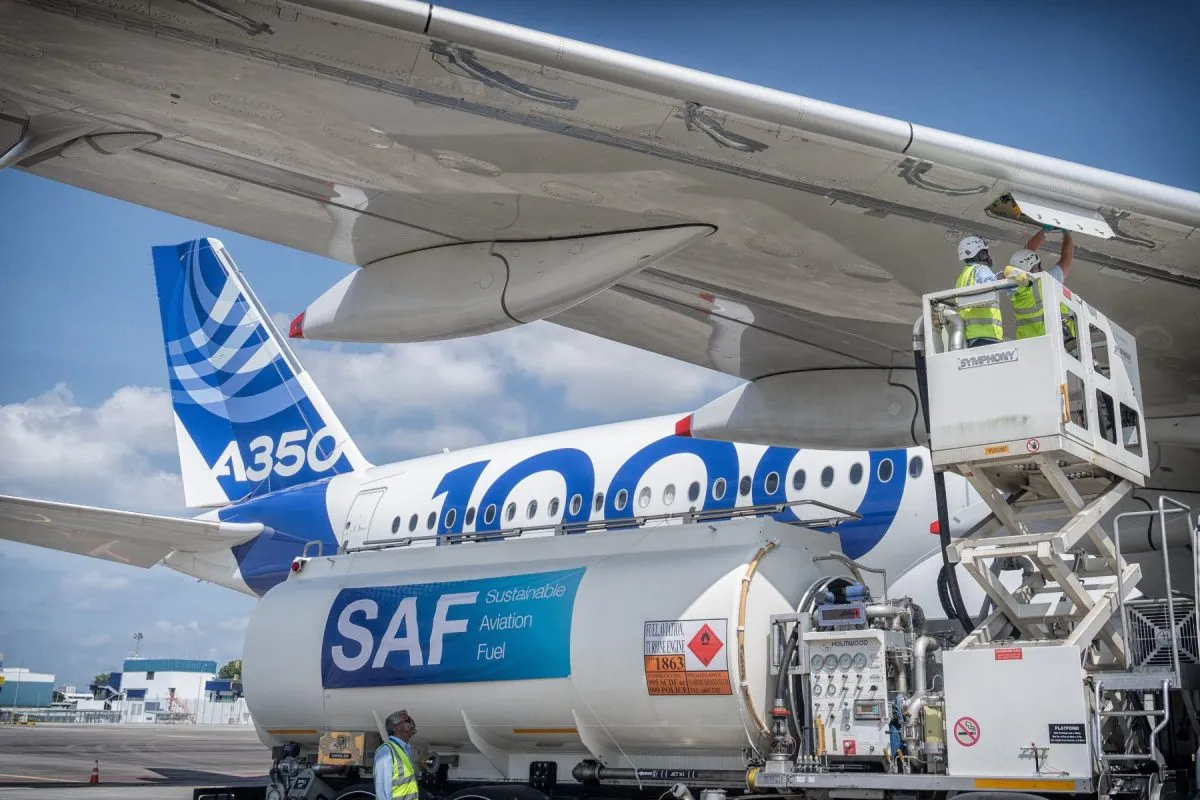Interview: Behind Belmond's Rebrand of Iconic Orient-Express Name

Skift Take
Jettisoning one of the most storied hotel brands in history comes with its detractors.
When the Orient-Express collection of hotels, trains and riverboats was rebranded as Belmond in February, more than a few people questioned or lamented the decision. Airbnb hospitality guru Chip Conley, for example, tweeted “What a branding mistake!!!”
People are sometimes going to look at a brand reinvention of this magnitude sideways, but the simple fact is that the Orient-Express flag was tired. Bearing a name conjuring up images of Kipling, Conrad, and other nostalgic detritus of British Imperialism, it tracked zero with younger generations, and not very well with older travelers either.
"Belmond"—combining the French words for “beautiful” and “world”—delivers a branding sweet spot marrying the required gravitas and breezy international esprit. Of primary importance to the company's top brass, they wanted a name that didn't take itself too seriously.
Also, unlike the former brand, the Belmond name is open to individual interpretation, while still evoking a sense of romantic adventure inherent in the hotel and travel product portfolio.
"The name itself, we like to think of as an empty vessel that we create a story within," says Ralph Aruzza, chief sales/marketing officer at Belmond. "And we wanted to make sure that whatever name we chose really resonated with our culture, our legacy, what we've done in the past, and our collection of products, which is very different from a typical group."
Iconic Belmond properties such as Copacabana Palace in Rio, Hotel Cipriani in Venice, Hotel Ritz in Madrid and others almost define their destinations. They’re imprimaturs stamped into the history and geography of these cities since the early days of their modern development. So the rebrand came with a hefty sense of responsibility.
The new Belmond website launched last week with a fresh, visual-intensive, multimedia presentation. A first for the brand, all of the individual hotel and travel product websites have been redesigned to align with the corporate site.
A lot of people said a lot of things about the Belmond rebrand since February's release. We spoke with Aruzza to hear what he had to say about the branding strategy moving forward.
Skift: Ralph, what surprised you about all of the response to the Belmond name?
Ralph Aruzza: We did this in a very specific sequence. We wanted to announce it to the investment community, because we are after all a public company. And then we wanted to announce to the general public, our trade community, our customers, etc. So it's been broadly popular, especially in the investment community. They look for your brand strategy and what we want to accomplish. So that was very well received. With our travel partners, it was also very well received, and the vast majority of our customer base has been very positive toward the approach.
You're always going to have naysayers, we expected that. Some people are uncomfortable with change, and we expected that too. We've dealt with those. I think what surprised me overall was some people didn't understand the strategy of the approach. We expected perhaps a little more measured response, and discussion borne out of strategy.
Skift: What is that strategy?
Aruzza: We now have the ability to tell our story. We have a very articulated brand approach coming forward. There's a big social media push, a very different social media push than we've ever had before. There's a lot of promotion planned both to our existing database and a new promotion down the road in print and online media to really look for and acquire a new customer that we've never had in the past.
Skift: Was it also a challenge to create a brand speaking to all of your different product?
Aruzza: Yes exactIy, we're not just a hotel company. We're a travel experiences company. We also have trains, we have river cruises, we have tour operations that help our customer experience the destinations both inside our brand and outside our brand. And I don't think anyone brings that together in our space like we do. So that name had to represent more than just a hotel brand, and at the same time, we had to make sure we weren't taking ourselves too seriously.
Skift: How did the Orient-Express brand dampen development?
Aruzza: We realized when we were out in the marketplace on an individual basis that we would talk about our former brand name, Orient-Express, and high net worth individuals, people who are really either our customer or the customer that we would target, would look at us and say, "It's a train." And we would try and tell them that it's more than a train, it's really a collection of travel experiences, and we'd lose them.
So that was part of our dilemma. The other part of our dilemma is we licensed the name Orient-Express, we didn't own it. And we felt it was better strategically for us to invest in a brand name that we own and could grow. That said, it's a great brand name, and we're still licensing it for the Venice Simplon Orient-Express because it really does resonate with a very discerning buyer.
Skift: Have your brand pillars changed with the rebrand?
Aruzza: Internally, we call them our brand values, and they really haven't changed. We wanted to make sure the name connected to our existing values. It had to inspire discovery, so we wanted to make sure it worked in that respect. And everything that you see now and in the future, our web articulation, our promotions, talk about not only the experience in the destination but what it can do for you.
We want to appeal to a discerning customer, which in our particular case, borne out of our research, is someone that's really arrived. Doesn't matter what age you are, although we do tend to skew a little older. But they have this vision of travel not as a badge you wear, but as an experience that enriches you in some respect.
And then we realize they have to be adventurous people because some of the destinations are quite remote. If you think of Myanmar or Machu Picchu, we were the pioneers of those markets, and now everyone's going into those markets. So you have to have a customer who can appreciate that.
Skift: What do you mean, "What the destination can do for you"?
Aruzza: We look at it like this. Does it allow you to grow in some way? Spiritually, intellectually? Does it inspire you to think differently, to see the world in a different way? One of the reasons we chose the derivatives "belle" and "monde" is because it is a beautiful world, and that world is beyond whatever our products are and whatever our competitors' products are. So that to us was the way we could draw and communicate that inspiration to our guests.
Skift: What were some primary objectives during the development of the new website?
Aruzza: You have to appeal to a visitor on the site that wants inspiration, that in my estimation is a dreamer. They know that they want to go somewhere but they really don't know what they want, so we have to curate that experience for them, in a way. And then you also have to appeal to a guy like me, who says, "I kind of know where I want to go. I just want to know if you have the product I want." So we've tried to set up our new website to appeal to both of those types of visitors and buyers, and I think we've done a fairly good job in that respect.
And what you'll see from our creative execution, beyond what we're doing initially, is trying to give people a sense of that adventure. Our social media really talks to what a destination means to you. We're engaging our employees in social media to talk about what the destination means to them. A lot of this is about the experience as opposed to the product.
Skift: What types of paid promotional mechanisms are in the works?
Aruzza: We've never spent any money on real positioning advertising as a group. But we will be starting in the fall with an online and print campaign in lifestyle publications that talks about what Belmond represents in that fashion. We'll carry that through for several years, and for us it's a big deal because we've never connected the collection together in that respect.
Skift: Does Belmond resonate with the upscale traveler under 50?
Aruzza: That's a great question, and you know, it's a function of where your product is and what you can make of it. And we realize our buyer skews older and tends to be extremely wealthy. There's a shift where buyers are extending the experience with their family, and we realize now that we see much more of this extended family travel happening in our group.
When you see the visual identity of what we're doing, and the way we're trying to convey our message in a very unified fashion, we think we have a much more contemporary appeal that we've never done before. Visually we've walked away from where we've been before, and we've never had this unified voice.
So this campaign that's coming forward in social media, online and in print really coordinates that message to a broader audience, and we think we have some capture in that respect. We're pragmatic too, though, that you really can't appeal to too young of demographic. We're an expensive destination in the travel market.
Skift: What is the ownership/management ratio for Belmond?
Aruzza: We own the vast majority of our assets, we're not a management company. That's not to say we don't want to manage other properties for owners. In fact, that is part of our strategy, and that is tangential to what we've done with this brand approach, because we realize that you have to have brand value in order to manage assets for third parties. So that's a fundamental shift in our development strategy.
We've realized what our data showed us in terms of where our buyer is, and how we have to change and migrate into a different approach. And so, we've shared our strategy with the pipeline of owners, if you will, that we've been engaged with in terms of management down the road. They are onboard, and they realize we are trying to grow our base of customers.
Skift: Are there any plans for Belmond to expand its brand communications in the form of a blog to share local travel experiences?
Aruzza: I think that's a wonderful idea and we have in the past, which we're going to resurrect. We have a couple channels in mind. That's really woven into the DNA of this company. It's amazing to me to see how much the local experience is integrated into everything we do on a daily basis. We haven't been the best stewards of promoting that in the past, and want to change that. We want to resolve that moving forward.
You know, if we're really true to our values in terms of curating experiences, then we really should have more people blogging on what the experience is, and helping a buyer determine, either inside or outside of our brand, what the destination means to them. So yes, that's very much part of our strategy.




